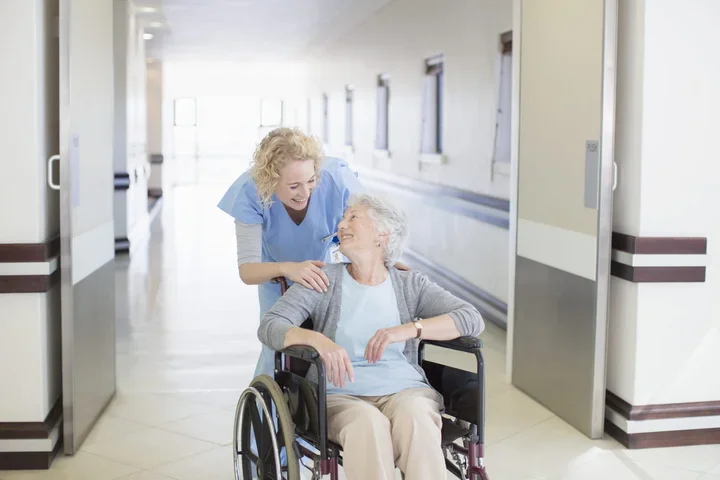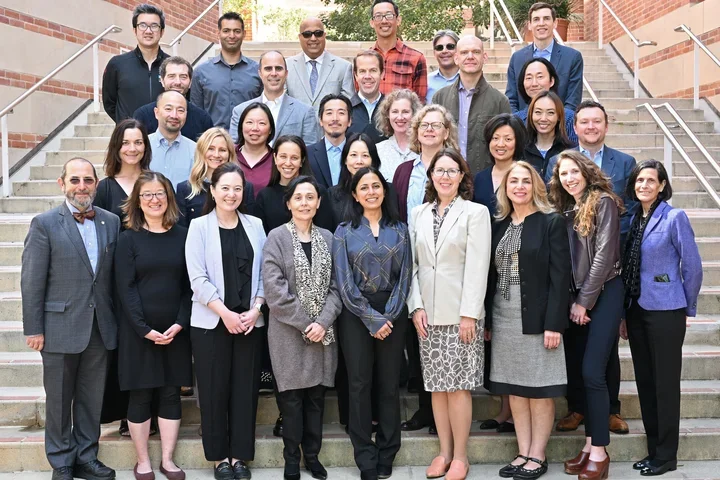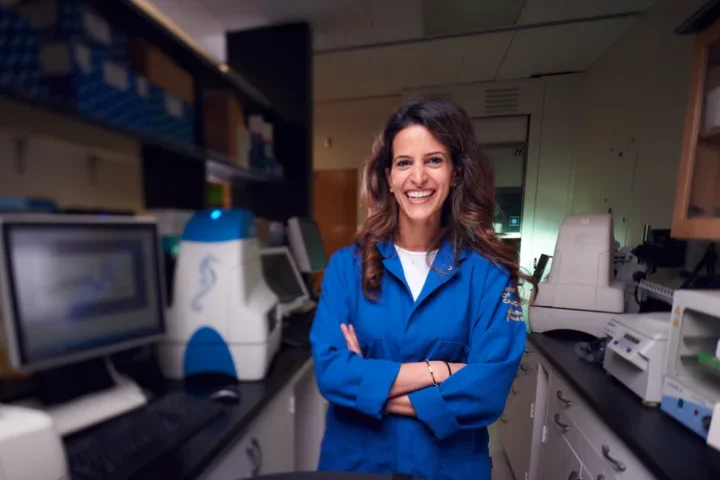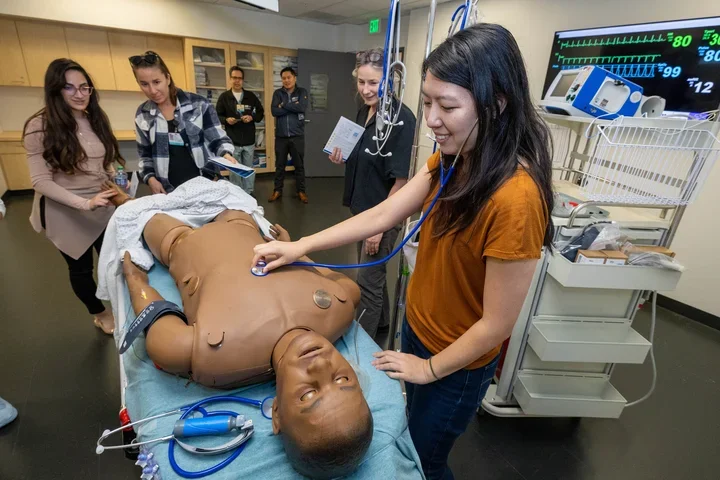What Does a Psychiatrist Do?
A UCLA Doctor Explains

A Day in the Life of Dr. Katrina Debonis, Psychiatrist and Assistant Clinical Professor at UCLA
A day in the life of an adult psychiatrist can include evaluating patients in the psychiatric hospital, consulting with colleagues about next year's curriculum, encouraging a struggling undergraduate and mentoring new residents. These are all areas of focus for Dr. Katrina Debonis, a seasoned psychiatrist and assistant clinical professor at the David Geffen School of Medicine at UCLA, who also happens to be the Co-Chair for the Medical Neurosciences II Block, which contains most of the pre-clerkship psychiatry content for second year medical students.
Dr. Debonis thrives on the many roles she is able to fulfill throughout her day: "It fits me really well," she says, "getting to do a variety of things. I get to take care of patients, supervise students, I really get to use my brain in different ways and it's incredibly rewarding."
(What Is a Psychiatrist? Click the link to learn more...)
Starting the Day
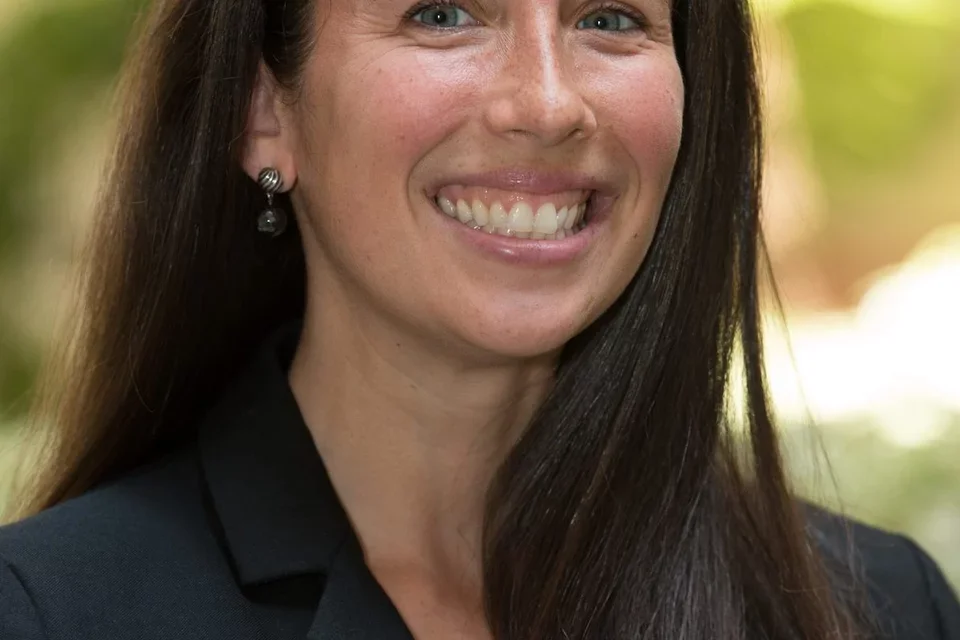
Dr. Debonis starts her day at the Resnick Neuropsychiatric Hospital at UCLA rounding on most inpatient units. These patients typically have advanced mental health issues that need to be addressed in an inpatient setting. Dr. Debonis also supervises residents and medical students as they make clinical decisions. This includes counseling them about each patient with whom they interact. "The medical team works in conjunction with social workers and nurses to create a great energy — it's an amazing learning environment," she says of her mornings at the hospital.
UCLA Students
After a daily administrative meeting, Dr. Debonis meets with UCLA students who are in need of psychiatric services. Students may meet with a psychiatrist or one of the therapists on staff at the clinic, or both, depending on their need. For Dr. Debonis, it's fulfilling work with a unique population: "I enjoy working with the [student] population. It's rewarding to see students overcome the challenges that come with mental illnesses, even more severe mental illnesses. They graduate, some with advanced degrees, and go on to do great things with their lives."
(Wondering How to Become a Psychiatrist? Click the link to learn more...)
Other Responsibilities
Once a week, Dr. Debonis also supervises an outpatient resident clinic, where she mentors psychiatry residents, helping them learn how to manage continuity of care in the outpatient population. patients longitudinally as outpatients. As a faculty member, she is chair of the curriculum committee for psychiatry residents, which determines didactic learning for all four years of residency training. She also serves as the site director for the clerkship at DGSOM for third-year medical students, and co-chairs the second year's Medical Neurosciences II block.
(Psychologist vs Psychiatrist - What Is the Difference? Click the link to learn more...)
Choosing UCLA
Dr. Debonis came to DGSOM for her residency training, and despite what she initially expected as a New York native, she decided to make the UCLA health system her home." I was happy with my growth as a psychiatrist, and when I completed my residency, I was able to seamlessly continue the leadership roles I had gained as a resident [and further develop them] as a faculty member. I was also able to do clinical work, as well as teach and mentor students — which is my second great love after medicine," she says. "When I'm teaching and when I'm thinking about ways of improving medical education, I feel passionate and excited and that's why I love doing everything that I do."
Finishing the Day
Dr. Debonis fulfills many professional roles, and is famous for eating her lunch while walking across campus or to her next appointment. Nevertheless, the end of her day as an adult psychiatrist is spent with family at home. "Within this field I have flexibility," she says. " I can put together a combination of things that works for my family. My department is very supportive, my colleagues help me if I want to attend a preschool event. I feel like I can do both without either [one] suffering."
